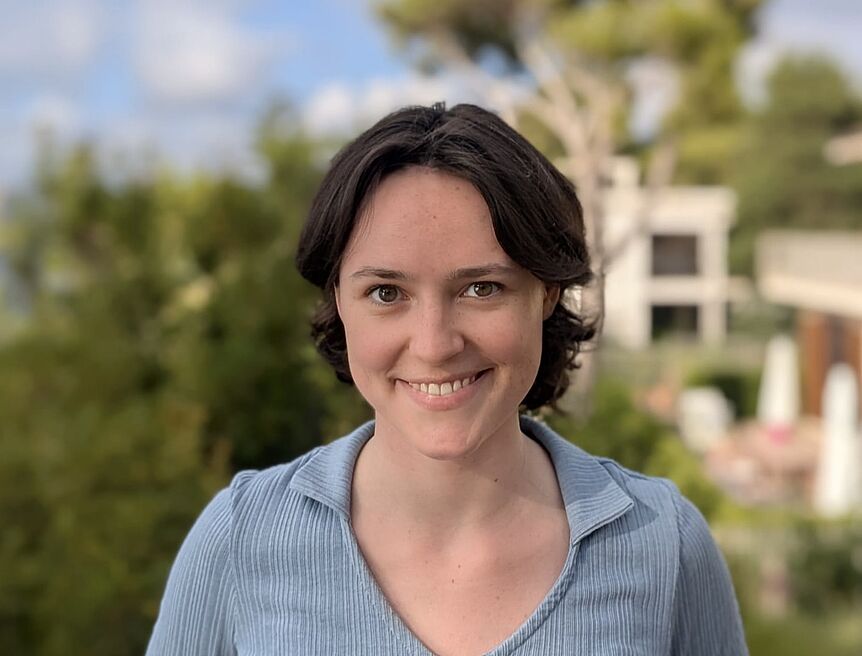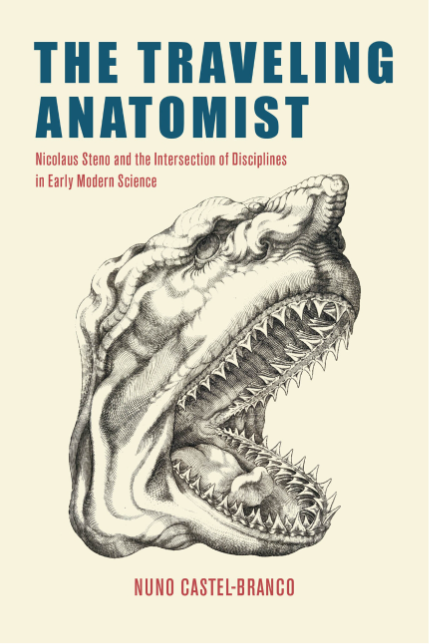About
SCARCE (Sustained Concerns: Administration of Mineral Resource Extraction in Central Europe, 1550-1850) is a project led by Sebastian Felten and supported by the European Research Council (ERC). Hosted by the History Department — part of the Faculty of Historical and Cultural Studies at the University of Vienna — the project will run from 1 November 2023 until 31 October 2028.
The extraction of mineral resources has sharply increased over the past hundred years, and the ongoing transition to “green energy” creates social and political conflicts about minerals such as lithium, nickel, and cobalt. SCARCE investigates historical dimensions of resource management. We examine early modern Central Europe, a region where centuries of mining have left behind a rich cultural heritage and ongoing environmental degradation. We explore historical ideas and practices of provisioning and engage contemporary debates on sustainability, economic development, and technological innovation.
Our research focuses on understanding how extractive activities created conflicts over the common good, how administrative practices have shaped perceptions of natural processes, and how the contradictions of long-term mining have shaped new economic and ecological ideas. SCARCE leverages the characteristics of mineral resources – such as site specificity, inaccessibility, exhaustibility, and toxicity– to gain a historical understanding of human engagement with natural environments.
Through a transdisciplinary approach, SCARCE integrates insights from history, social sciences, and environmental studies while advancing debates in fields such as economic history, history of science and technology, and environmental history. The project supports specialized research through focussed case studies and communicates its findings to the public and relevant stakeholders.
Team members will work closely with colleagues from the Key Research Area History of Science. The Advisory Board consists of Oscar Gelderblom (University of Antwerp), Andrew Mendelsohn (Queen Mary University London), László Kontler (Central European University), Ulinka Rublack (University of Cambridge) and Pamela Smith (Columbia University).
To find out more about our activities, SIGN UP to our mailing list. You can also follow us on Bluesky.













